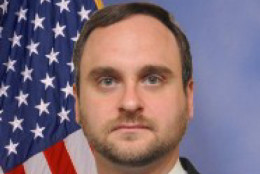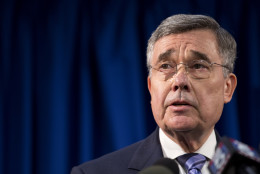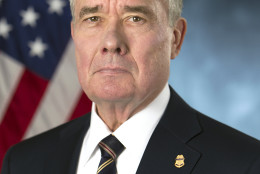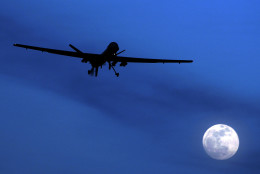Technology
-
Cloud, cybersecurity and agile development —those are what federal chief information officers and their staffs will be dealing with in 2016. But all three fronts are changing. The Professional Services Council recently completed research interviews on the 2016 federal IT trends. Heading the effort was Kim Pack, the vice president of business capture specialists Wolf Den Associates. She told Federal Drive with Tom Temin how the whole forecast is put together.
January 07, 2016 -
Initial secret and top-secret cases took an average of 95 and 179 days to process, respectively, by the end of last fiscal year, according to a fourth quarter update on Performance.gov.
January 06, 2016 -
For the Army's Enterprise Services unit, IT has been a migration from unifying email to rationalizing many widely used services. Doug Haskin, project director for Enterprise Services, tells Federal Drive with Tom Temin how Congress gave the whole effort a shot in the arm.
January 06, 2016 -
The Army has issued a request for information, asking cloud vendors to describe their capabilities in more than 30 separate areas that could help it move its applications from government data centers to modern commercial hosting environments.
January 06, 2016 -
Customs and Border Protection has been testing body-worn video cameras for its officers, and has passed along the lessons it's learned to other agencies.
January 05, 2016 -
Federal News Radio counts down our 10 most-read Defense and Intelligence Community stories from 2015.
January 05, 2016 -
Customs and Border Protection, the nation's largest law enforcement agency, has been testing body worn video cameras for its officers, putting it ahead of other agencies mired in camera rule making. CBP Commissioner Gil Kerlikoswke gives Federal Drive with Tom Temin an update.
January 05, 2016 -
The DHS Privacy, Civil Rights and Civil Liberties Unmanned Aircraft Systems Working Group, which wrote the best practices, acknowledged that not all suggestions will apply to every agency.
January 04, 2016









